Iconic Figures Who Shaped the World of Computer Science
This article takes a journey through the lives and achievements of some of the most influential figures in the development of computer science. From early pioneers who laid the groundwork for modern computing to innovators responsible for the technologies we rely on today, these trailblazers have shaped the course of technological history. Let’s explore their contributions and lasting legacies in the world of computing.
Alan Turing (UK, 1912-1954)
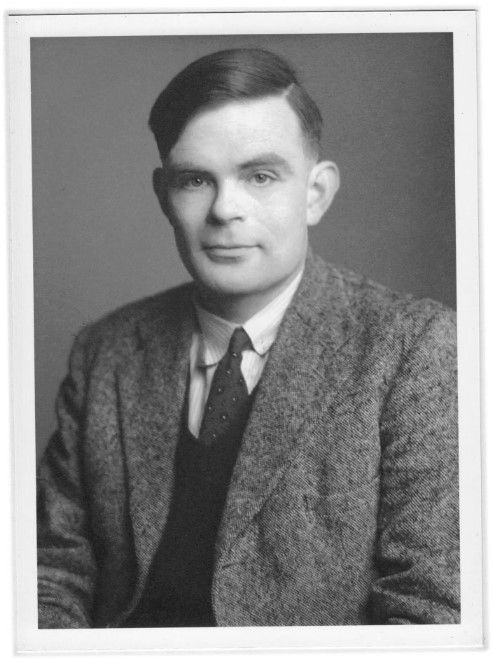
- Pioneering Work: Alan Turing was a British mathematician and logician whose work laid the groundwork for modern computer science. His 1936 paper introduced the concept of the "Turing Machine," an abstract computational model that defines the limits of what can be computed.
- WWII Contribution: During World War II, Turing played a vital role at Bletchley Park, where he helped break the German Enigma cipher, which significantly contributed to the Allied victory. His work in cryptography was critical in shortening the war by years.
- AI Visionary: Turing also laid the foundation for artificial intelligence (AI). His famous "Turing Test" remains a benchmark for evaluating machine intelligence.
- Legacy: Despite his groundbreaking contributions, Turing was persecuted for being gay, leading to his conviction in 1952. After being chemically castrated, he died under tragic circumstances, officially ruled as suicide, though there is speculation about the cause. He was posthumously pardoned in 2013.
- Fun Facts:
- The Turing Award, named after him, is the most prestigious honor in computer science.
- His life and work have been portrayed in popular media, including the film The Imitation Game.
Grace Hopper (USA, 1906-1992)
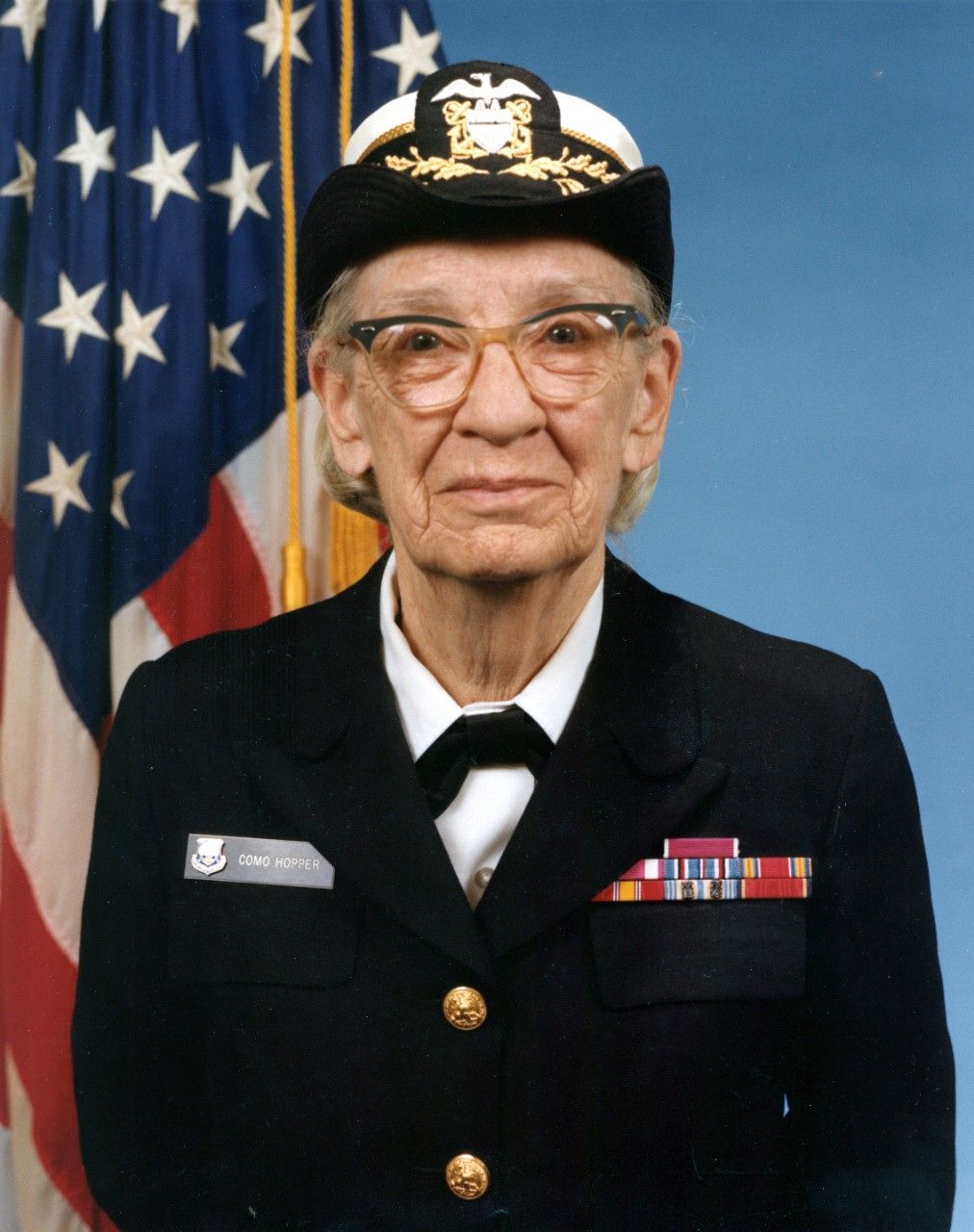
- Programming Pioneer: Known as the "mother of computing," Grace Hopper was instrumental in making computers more accessible to non-specialists. She developed the first compiler, a critical tool that translates human-readable code into machine language.
- COBOL Development: Hopper was one of the key developers behind COBOL (Common Business-Oriented Language), one of the earliest high-level programming languages. This language allowed businesses to write code in English-like syntax.
- Fun Facts:
- Hopper popularized the term "debugging" when she found a moth causing a malfunction in one of the early computers, the Mark II.
- She continued to work with computers until her retirement from the Navy at age 79, earning the nickname "Amazing Grace."
- Legacy: Her contributions continue to inspire women in STEM, and the annual Grace Hopper Celebration of Women in Computing is one of the largest gatherings of female technologists in the world.
John von Neumann (Hungary/USA, 1903-1957)

- Theoretical Genius: A polymath, John von Neumann made contributions in a wide range of fields, including mathematics, physics, economics, and computer science. His von Neumann architecture, a model for structuring computers, still forms the basis for most modern digital computers.
- Game Theory: He was one of the founders of game theory, which studies strategic decision-making. His work has had profound effects on economics, military strategy, and social sciences.
- Manhattan Project: During World War II, von Neumann worked on the Manhattan Project, contributing to the development of the atomic bomb.
- Fun Facts:
- Known for his photographic memory and ability to calculate large figures instantly, he was regarded as one of the greatest intellectuals of the 20th century.
- Legacy: The von Neumann architecture is still the underlying concept of most computers today. His multidisciplinary contributions made him a pioneer not just in computer science, but in various other fields.
Tim Berners-Lee (UK, 1955-present)

- Inventor of the Web: Tim Berners-Lee revolutionized communication and information sharing by inventing the World Wide Web in 1989. His creation allowed for the easy sharing of hyperlinked documents through the internet, which became a vital resource for education, business, and society at large.
- HTML and HTTP: He also invented the core technologies behind the web: HTML (HyperText Markup Language), HTTP (Hypertext Transfer Protocol), and the URL (Uniform Resource Locator), which allowed for the linking and navigation of web pages.
- Fun Facts:
- Berners-Lee could have patented the web but chose not to, ensuring it remained a free and open resource for everyone.
- He is a staunch advocate for web privacy, open data, and the decentralized nature of the internet.
- Legacy: The web has transformed virtually every aspect of human life, and Berners-Lee’s invention continues to evolve, connecting billions of people across the world.
Ada Lovelace (UK, 1815-1852)

- First Computer Programmer: Ada Lovelace was an English mathematician who is credited as the first computer programmer for her work on Charles Babbage's early mechanical general-purpose computer, the Analytical Engine. In her notes, she wrote the first algorithm intended for implementation on a machine.
- Visionary: Lovelace had a unique insight into how machines could go beyond simple calculation to perform complex tasks, predicting that computers could be used for purposes such as composing music or creating art, a vision far ahead of her time.
- Fun Facts:
- She was the daughter of the famous poet Lord Byron, though she was more interested in mathematics than in her father’s romantic pursuits.
- Ada Lovelace Day, celebrated annually, honors the contributions of women to STEM fields.
- Legacy: Lovelace’s work and foresight continue to inspire generations of computer scientists, particularly women in STEM fields. The programming language Ada is named in her honor.
Charles Babbage (UK, 1791-1871)

- Known For: Often called the "father of the computer," Charles Babbage designed the first mechanical computer, known as the Difference Engine and later the Analytical Engine.
- Legacy: His concepts of input, memory, and processing became the foundation for modern computers. Though he never completed a working model, Babbage’s designs anticipated key ideas that would define the digital age.
- Fun Fact: Babbage’s incomplete Analytical Engine inspired Ada Lovelace, who wrote the first algorithm for it, making her the first computer programmer.
Claude Shannon (USA, 1916-2001)
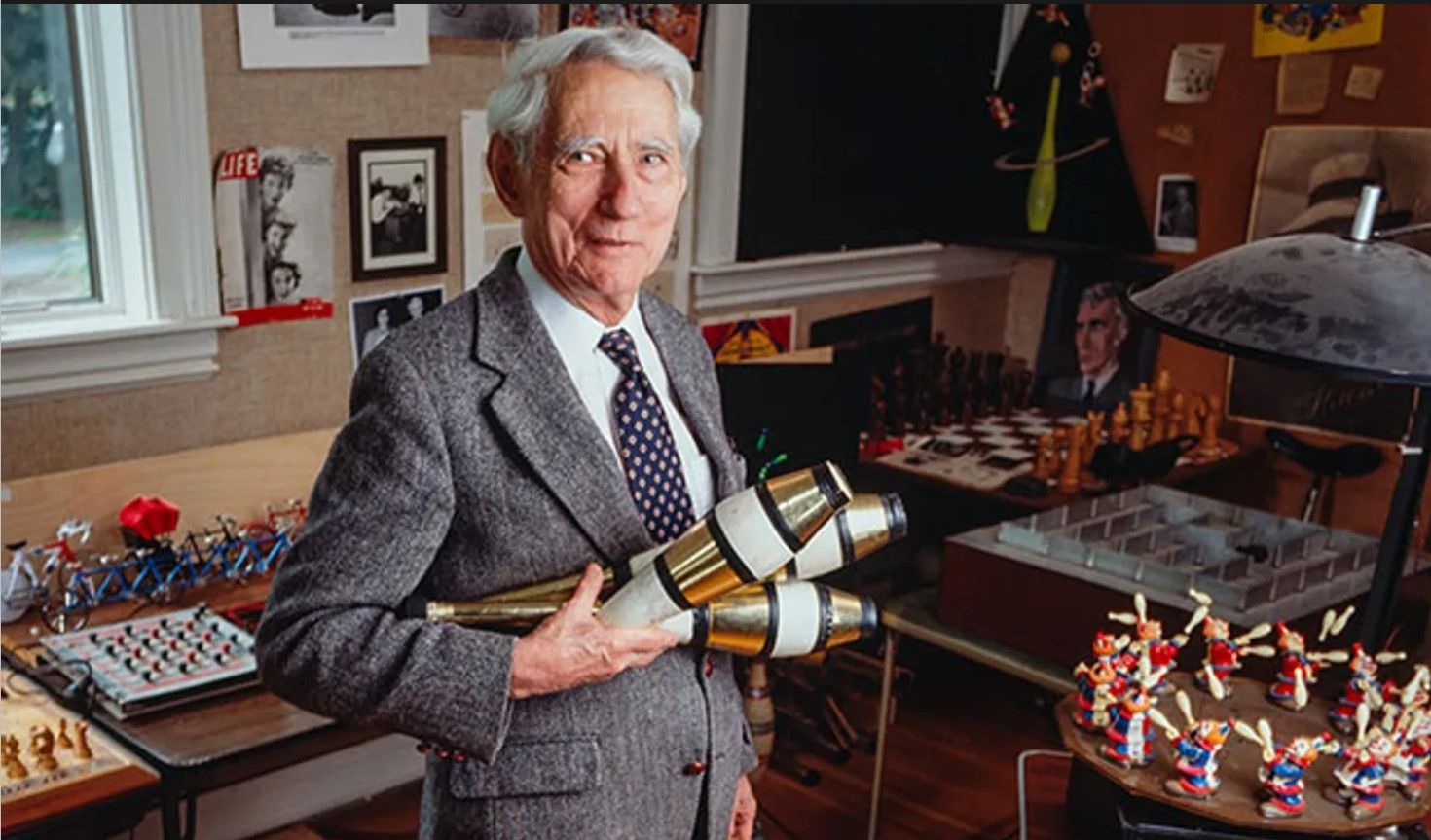
- Known For: Shannon is often regarded as the "father of information theory." His groundbreaking 1948 paper laid the foundation for digital circuits and telecommunications.
- Legacy: Shannon’s work paved the way for data compression, cryptography, and digital communication. The concept of the bit (binary digit) as a fundamental unit of information comes from his work.
- Fun Fact: He built a mechanical mouse named "Theseus" that could navigate a maze, an early experiment in AI.
Linus Torvalds (Finland, 1969-present)
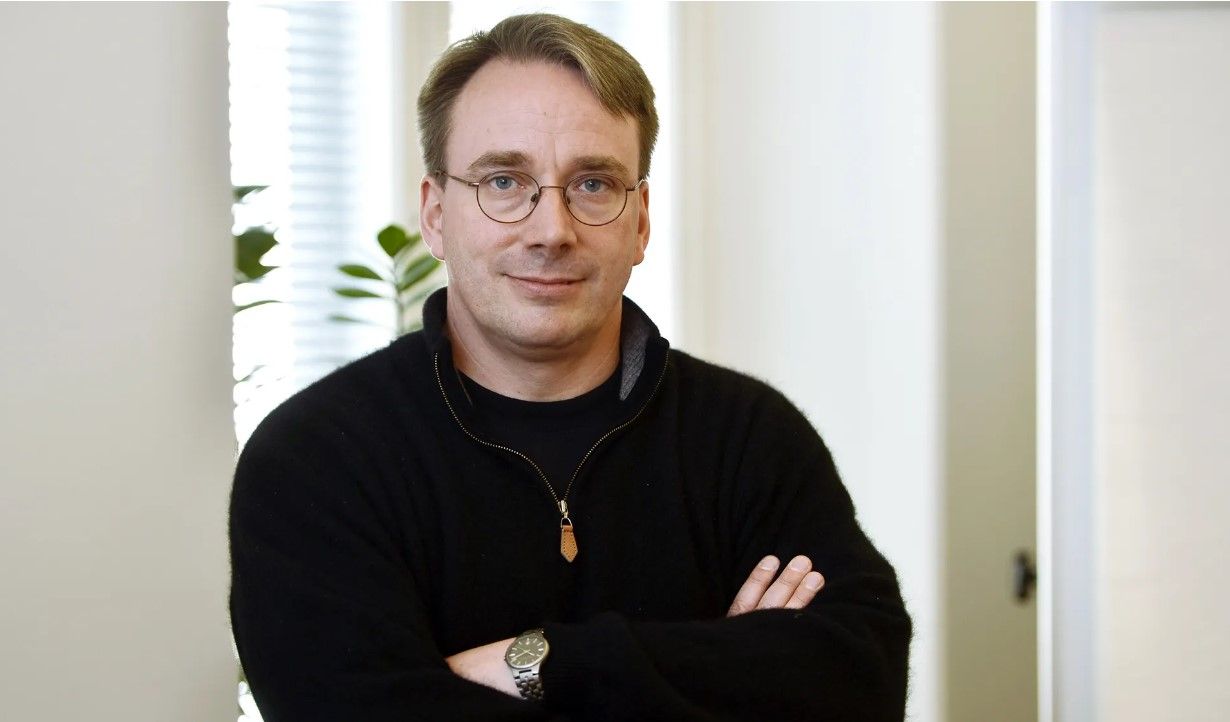
- Known For: Linus Torvalds is the creator of Linux, the open-source operating system that powers much of the world’s servers, smartphones (Android), and even supercomputers.
- Legacy: Linux has become the backbone of modern internet infrastructure and the go-to OS for developers worldwide due to its flexibility, scalability, and security.
- Fun Fact: Torvalds didn’t expect Linux to become as successful as it has. He originally developed it as a hobby project.
Vint Cerf and Bob Kahn (USA, 1943-present and 1938-present)
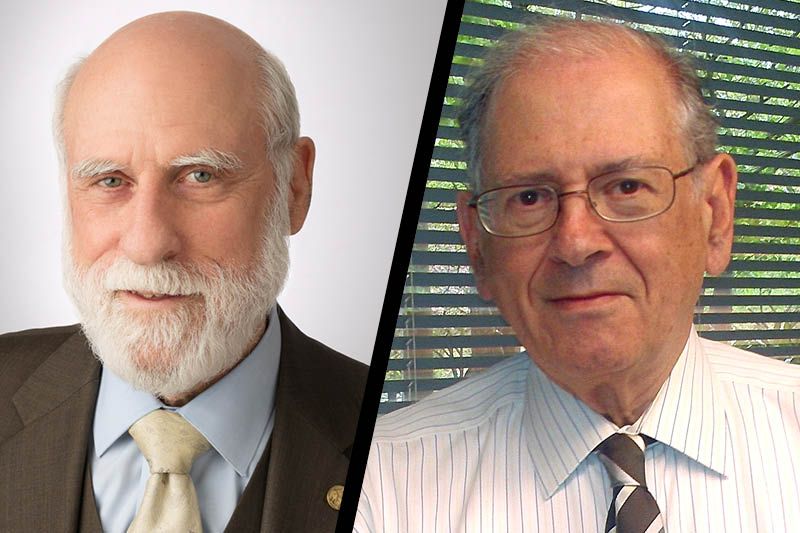
- Known For: Vint Cerf and Bob Kahn co-designed the TCP/IP protocols, the foundational technologies that make the internet possible.
- Legacy: Their work enabled different computer networks to connect and communicate, forming the basis of the modern internet.
- Fun Fact: Vint Cerf is often referred to as one of the "fathers of the internet" for his work on internet protocol development.
Margaret Hamilton (USA, 1936-present)

- Known For: Hamilton was the lead software engineer for NASA’s Apollo Space Program, where she developed the software for the Apollo guidance and control systems.
- Legacy: Her work helped land astronauts on the Moon, and she is credited with coining the term "software engineering." Her meticulous programming saved the Apollo 11 mission from aborting its landing.
- Fun Fact: Her work on real-time, error-checking software laid the groundwork for many modern software engineering principles.
Donald Knuth (USA, 1938-present)

- Known For: Knuth is the author of the seminal work The Art of Computer Programming, a series of books that are considered essential reading for computer scientists. He also created the TeX typesetting system.
- Legacy: His contributions to algorithms, formal languages, and typography have had a lasting impact on computer science. His analysis of algorithms provided a framework for understanding their complexity and efficiency.
- Fun Fact: Knuth offered a reward to anyone who finds a mistake in his books, creating an active community of reviewers.
Seymour Papert (South Africa/USA, 1928-2016)
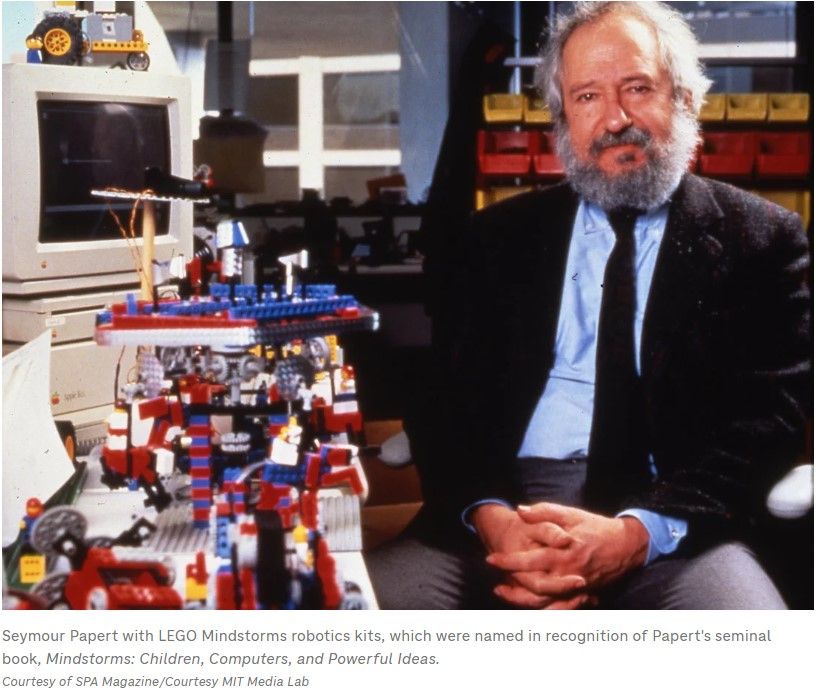
- Known For: A pioneer in AI and education, Papert co-invented the Logo programming language, which was designed to teach children how to code.
- Legacy: He was a pioneer of constructionist learning theory, believing that students learn better by making and building things. His work greatly influenced the development of educational technologies.
- Fun Fact: Papert worked closely with Jean Piaget, and his ideas formed the foundation of the current focus on coding and computational thinking in education.
Frances E. Allen (USA, 1932-2020)

- Known For: Frances Allen was the first woman to win the Turing Award. She made pioneering contributions to the field of compiler optimization, enabling more efficient code execution on computers.
- Legacy: Her work on optimizing compilers has improved the performance of computer programs and contributed to parallel computing.
- Fun Fact: Frances Allen worked at IBM for most of her career and mentored many future computer scientists.
Edsger Dijkstra (Netherlands, 1930-2002)

- Known For: Dijkstra made fundamental contributions to algorithms and programming languages. He is best known for Dijkstra’s algorithm, a graph search algorithm for finding the shortest path between nodes.
- Legacy: His contributions to algorithmic theory, concurrency, and programming paradigms have been foundational to the field of computer science. He was a strong advocate for formal methods in programming.
- Fun Fact: Dijkstra famously said that “the use of goto statements in programming should be abolished,” influencing structured programming.
John McCarthy (USA, 1927-2011)
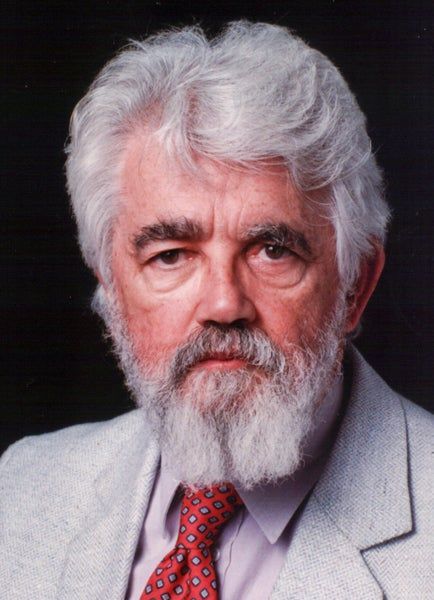
- Known For: McCarthy is credited with coining the term artificial intelligence and was one of the founders of the field. He developed LISP, one of the earliest programming languages for AI.
- Legacy: His work laid the foundation for AI research, and LISP remains a key language in AI development today. He also introduced the concept of time-sharing in computing, enabling multiple users to interact with a computer simultaneously.
- Fun Fact: McCarthy proposed the idea of a "home computer" long before personal computers existed, predicting many elements of modern computing.
Anita Borg (USA, 1949-2003)

- Known For: Anita Borg was a computer scientist and a fierce advocate for women in technology. She founded the Institute for Women and Technology (later renamed the Anita Borg Institute) and created the Grace Hopper Celebration of Women in Computing.
- Legacy: Borg’s advocacy for diversity in tech has inspired initiatives that support women and underrepresented groups in STEM fields.
- Fun Fact: The Anita Borg Institute continues her mission to increase the representation of women in computing through programs, research, and events.
Ken Thompson and Dennis Ritchie (USA, 1943-present and 1941-2011)

- Known For: The duo developed the UNIX operating system, which has had an immense impact on modern computing, and C programming language, which has become one of the most widely used languages in the world.
- Legacy: UNIX’s architecture influenced many operating systems, including Linux and macOS. C, developed by Ritchie, became the foundation of modern programming languages such as C++, Java, and Python.
- Fun Fact: Thompson and Ritchie both won the Turing Award for their contributions to computing. UNIX was initially developed as a hobby project at Bell Labs.
Radia Perlman (USA, 1951-present)

- Known For: Perlman is often called the "mother of the internet" for her invention of the Spanning Tree Protocol (STP), which is critical for the operation of network bridges.
- Legacy: STP revolutionized the way networks could handle traffic, enabling large-scale networking systems like the internet.
- Fun Fact: Despite her contribution to networking, Perlman has often joked that the internet would work without her specific invention, but her work helped make it scalable and reliable.
These figures are revered for their groundbreaking contributions, and their legacies continue to influence computer science, mathematics, and beyond.


